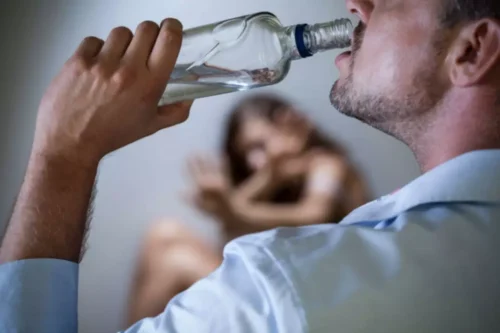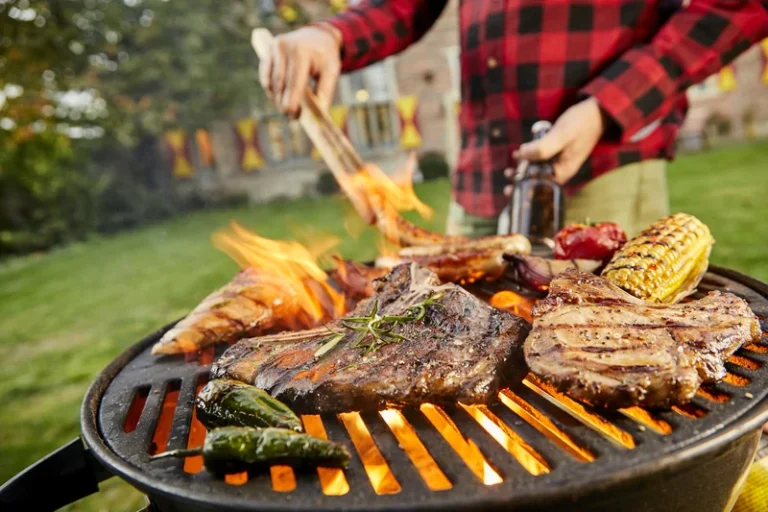Sugar Addiction and Alcoholism Link
But the deliciousness does not have to come from the taste—it comes from the feelings. With two party tricks up its sleeve, alcohol has its way to help us feel good, at least temporarily. Our curiosity about alcohol often begins long before our first drink. According to social learning theory, we learn through observing and imitating others around us.
- Most sugar alcohols found in packaged foods are manmade and manufactured.
- Unmasking how normalization of drug use in society can lead to addiction, its impact, and prevention strategies.
- There are psychological and physiological reasons as to why this occurs.
- Research also suggests that the brain’s reward system, specifically dopamine and opioid receptors, plays a significant role in sugar cravings among recovering alcoholics.
- Sugar cravings in recovering alcoholics can lead to a relapse if not managed properly.
The Neuropsychology of Cravings

Amino acids, particularly L-tyrosine and L-tryptophan, can improve mood and reduce cravings in alcohol-dependent individuals by restoring neurotransmitter equilibrium. Moreover, sugar releases endorphins, meaning it may have the potential to cause dependence. At this point, consumers of high amounts of sugar may experience a loss of control over their eating habits and incur an increased risk for cravings, alcohol relapse, mood instability, and stress.
How Can Sugar Impact Recovery?
Opting for whole fruits, such as berries, apples, or oranges, can provide natural sweetness along with essential vitamins, minerals, and fiber. These fruits can be enjoyed as a snack or incorporated into meals and desserts. It’s important to remember that managing stress is a crucial aspect of recovery and should be addressed holistically.
- Seeking treatment for alcohol addiction is crucial in order to achieve long-term recovery and improve overall well being.
- Surprisingly, some scientists believe sugar to be more addictive than drugs, such as cocaine.
- Chronic alcohol consumption interferes with the body’s ability to absorb and utilize nutrients effectively.
What Does a Drug Abuse Counselor Do?
- Another reason why recovering alcoholics crave sugar can be traced to the body’s attempts to replenish its store of glycogen, a type of sugar stored in the liver and muscles used for energy.
- Drinking alcohol can be an especially dangerous activity for people with diabetes — here’s why.
- I couldn’t stop wondering why my preference for minty cocktails had turned into a craving for mint chocolate chip ice cream.
The basal ganglia, a part of our brain involved in habit formation, strengthens the association between drinking and the context in which it occurs. With enough repetition and strong enough rewarding experiences, alcohol use becomes do alcoholics crave sugar more and more automatic over time. Other sources of caffeine include tea, soda, coffee ice cream, and chocolate. Excessive caffeine intake can actually increase sugar cravings due to fluctuations in blood sugars and dehydration.
Sugar Intake Similarities to Drug Addiction
They consistently found reductions in alcohol use disorder diagnoses among those treated with semaglutide. The recent study involved analyzing the electronic health records of nearly 84,000 individuals with obesity. Alcohol use disorder, also known as alcohol misuse, dependence and addiction, is a medical condition characterized by the persistent consumption of alcohol despite negative consequences.
Impact of Sugar Consumption on Health
Physical signals for thirst can sometimes mimic hunger, leading you to erroneously reach for a sugary snack when a glass of water might have sufficed. Additionally, maintaining a regular exercise routine can offset these cravings by reducing stress and helping regulate your hormones. Exercise also stimulates brain chemicals that can leave you feeling happier and more relaxed, which might also reduce cravings for sweets. Everything from exercising, to spending time in nature, hanging out with friends, making art and other activities release hormones in your brain like serotonin, dopamine, endorphins, and oxytocin.

Learn what drug abuse counselors do and how they can help you on the path to recovery. The study, published May 28 in Nature Communications, examined the electronic health records of almost 84,000 patients with obesity with an average age of 51 years. Although it may seem challenging, even impossible, to make changes once alcohol becomes intertwined with many aspects of one’s life, breaking free is possible. Understanding the stages of alcohol misuse and recognizing our patterns can be the first crucial steps toward a better relationship with alcohol. The fly noticed itself slipping deeper into the pitch, but a few more sips seemed okay – after all, the fly has wings and could fly out any time.
This decrease can lead to a desire for foods that can boost these neurotransmitters, such as sugar-rich foods. Thus, alcoholics may crave sugar due to low levels of dopamine and serotonin in the brain, contributing to sugar cravings in individuals recovering from alcohol addiction [1]. Understanding the factors that contribute to sugar cravings in individuals recovering from alcohol use disorder is essential for managing these cravings effectively.

- Alcoholic subjects preferred the sweeter sucrose solutions that were given.
- Therefore, as each case differs from the next, a personalized rehab program can only help ensure a successful recovery.
- Seeking professional guidance and support, along with adopting a well-rounded nutritional approach, can greatly assist individuals on their journey towards a healthier and more balanced lifestyle.
People with alcohol use disorder will continue to drink even when drinking causes negative consequences, like losing a job or destroying relationships with people they love. They may know that their alcohol use negatively affects their lives, but it’s often not enough to make them stop drinking. But frustratingly, you could be eating foods made with sugar alcohols without even knowing it — even if you’re reading those labels closely. The U.S. Food and Drug Administration (FDA) doesn’t require food companies to list sugar alcohols on their ingredients lists. In a 2006 British study, researchers gave participants doses of sugar or one of two types of sugar alcohols (xylitol and erythritol).